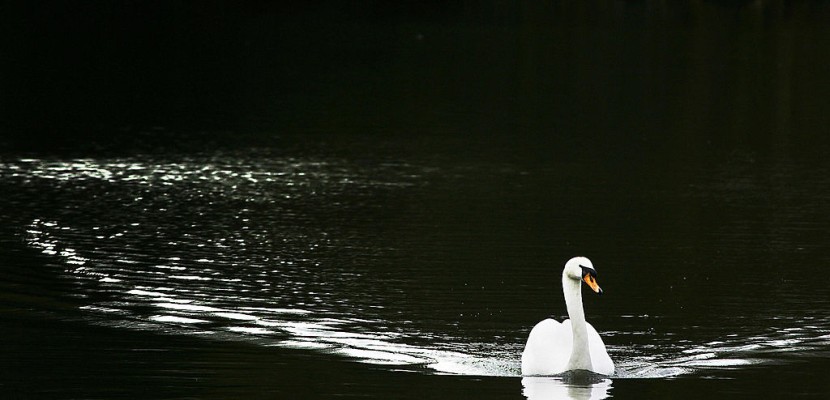
One of the United Kingdom's most significant habitats had been hit by a bird flu outbreak, which could result in the deaths of thousands of seabirds, which experts regard as an "unprecedented" wildlife disaster.
Protective suits have been worn by rangers working off the coast of Northumberland on the Farne Islands, where they have collected well over 3,000 dead birds for burning, per a report from The Independent.
However, they worry that hundreds more people have perished from the Bird Flu Outbreak and fallen from the cliffs into the North Sea.
With 200,000 birds residing there, the Farnes, which is maintained by the National Trust, is a habitat of international significance for 23 species, including puffins.
The Bird Flu Outbreak appeared to have the most severely impacted cliff-nesting birds; recovered birds included guillemots, kittiwakes, and young puffins known as pufflings.
Bird Flu Outbreak Threatens Endangered Birds
One of the victims to date was an eight-year-old Arctic tern, which in its lifetime would have traveled 144,000 miles across eight flights from the Farne Islands to Antarctica and back. A 16-year-old kittiwake that was ringed on the islands in 2006 was also found.
The Farnes Islands receive 45,000 visitors a year, but as of this month's first day, they were off limits due to Bird Flu Outbreak 2022 as authorities work to contain the disease during the mating season for the birds.
The National Trust has taken care of the Farne Islands "for just under 100 years," according to Simon Lee, general manager of the Farne Islands. He added that there are no records of anything that could be so destructive to our seabird colonies, who are already "endangered."
The birds are being taken out by teams of rangers who live and work on the islands so that they may be burned. They have been collecting the carcasses while wearing full PPE to protect healthy birds from additional contamination.
The Guardian reported that RSPB rangers on Coquet Island further south along the Northumberland coast began collecting and burying hundreds of dead seabirds following the Bird Flu Outbreak was identified in the area, ruining the primary breeding season.
Heartbreaking Wildlife Tragedy Calls for Large-Scale Action
The disease was identified in June in the largest gannet colony in the world, located at Bass Rock, and several dead birds were discovered around the Northumberland and Teesside beaches. Ben McCarthy, head of nature conservation at the National Trust, noted that the scale of "this disaster" prompts a "national response plan for the virus in wild birds."
"We need a more coordinated approach to ensure effective monitoring, surveillance, and reporting to support research into the impacts this deadly disease is having on our wild birds across the UK," he said.
McCarthy also stated that authorities need to urgently establish mitigation measures to minimize the further spread in the coming months as birds migrate back into UK waters.
Although there is a minimal risk to the general populace of the Bird Flu Outbreak 2022 per BBC, the UK Health Security Agency has warned against handling ill or deceased birds and keeping all other animals at a distance.
Related Article: Will Monkeypox be the Next COVID-19? Lawmakers Demand Biden Administration To Reveal Its Plan on How To Handle New Outbreak
© 2026 HNGN, All rights reserved. Do not reproduce without permission.








